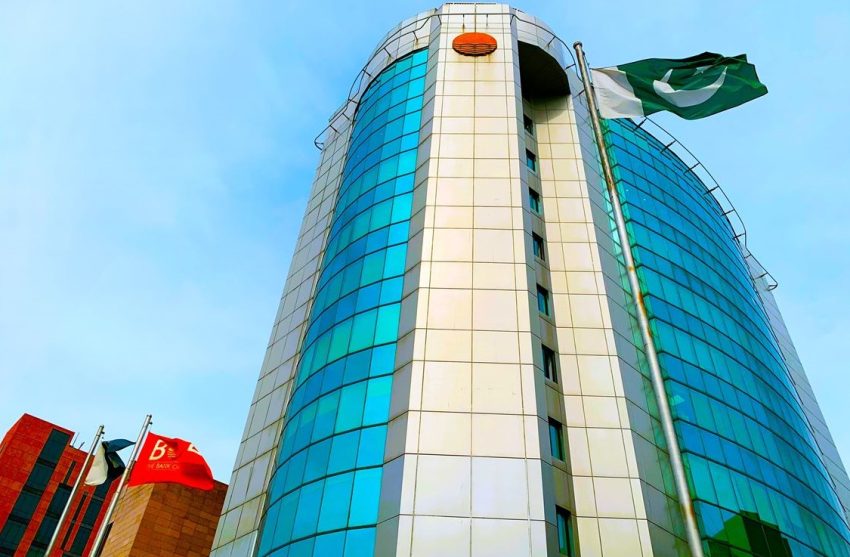The Board of Directors of The Bank of Punjab (BOP) met on Monday to review and approve the Annual Audited Financial Statements for the year ended December 31, 2024.
Despite facing challenges on both the revenue and expenditure sides, including the implementation of IFRS-9, the debt restructuring of a large state-owned entity, a challenging interest rate environment, the MDR anomaly, and significant investments in technology and infrastructure, the Bank posted a pre-tax profit of Rs. 24.56 billion for the year 2024.
The Board also declared a cash dividend of Rs. 1.8 per share, marking a historic milestone with the highest-ever profit and the largest cash dividend payout in the bank’s 35-year history. Total deposits grew to PKR 1,710 billion from PKR 1,521 billion in 2023. A significant contributor to this growth was the 24% increase in current account deposits, which rose to PKR 354 billion and now constitute 20.7% of total deposits.
These deposits have more than doubled over the past three years. The balance sheet expanded to PKR 2,380 billion, further strengthening the bank’s financial and capital position. Revenue growth remained strong across all segments, particularly in fee income and capital gains, which grew by 51% during the year. The Board acknowledged that the cost-to-income ratio improved to 60.76% (adjusted) in 2024.
Based on September 2024 results, the Bank maintained the lowest cost per employee at PKR 2.4 million against a peer average of PKR 3.6 million, the second-lowest-cost per branch at PKR 45.5 million against a peer average of PKR 56.3 million, and a total administrative cost-to-gross revenue ratio of 12.2% compared to the industry average of 15.0%, demonstrating strong cost discipline and operational efficiency. The cost-to-income ratio is expected to strengthen further in the coming years with a continued focus on improving the composition of current accounts within total deposits and removing minimum deposit rate conditions on public sector deposits.
The Board also approved BOP’s inaugural dividend policy, which explores the possibility of interim/quarterly dividends, moving beyond the conventional annual model, with a preference for cash dividends over bonus shares. This shift aims to strengthen investor confidence and attract long-term institutional investments backed by projected BOP earnings stability. Looking ahead, the Board approved the strategic roadmap for 2025-27, focusing on growth, capital build-up, digital innovation, and cost efficiency. A key priority is accelerating the transition to a fully Sharia-compliant banking model that aligns with SBP guidelines.
Additionally, the Bank will continue expanding its digital services with enhanced cybersecurity measures and introduce AI-powered financial solutions to improve customer experience and operational efficiency. The Board commended BOP’s management for its pivotal role in executing key initiatives under the Chief Minister of Punjab’s programs, including the Kissan Card, Livestock Card, Student Bike Scheme, Dhee Rani Card, Minority Card, and Asaan Karobar Finance & Card Schemes, all of which have been facilitated through BOP’s robust digital banking infrastructure.
Furthermore, the Bank has played a key role in successfully executing the CM Punjab Apni Chat Apna Ghar scheme, which facilitates home financing for low—and middle-income families. With a clear vision, strong leadership, and a robust financial position, the Board recognised that BOP can continue its growth trajectory, delivering more excellent value to its customers, investors, and the broader economy.














